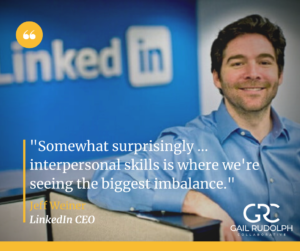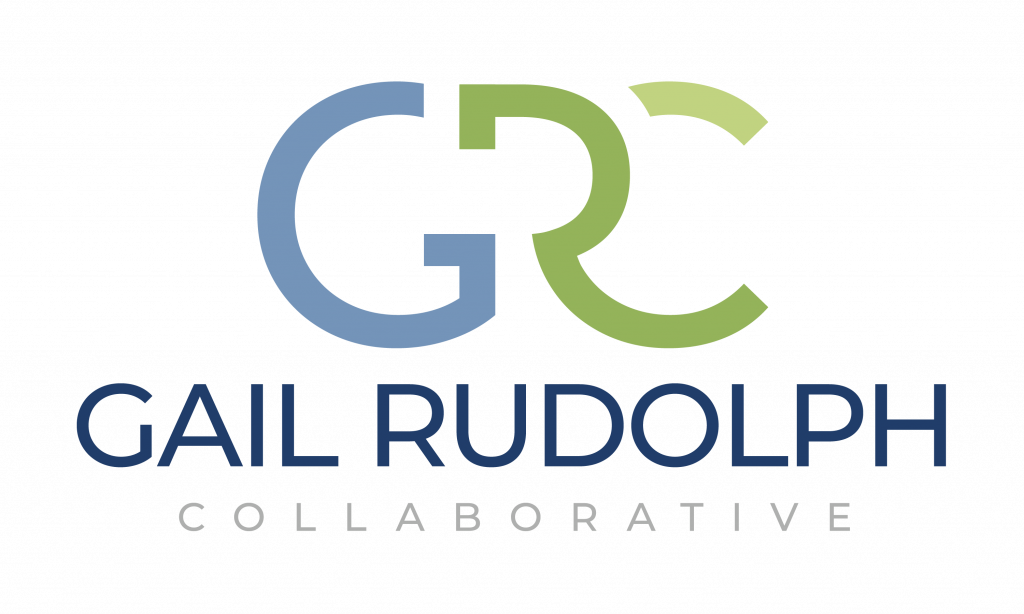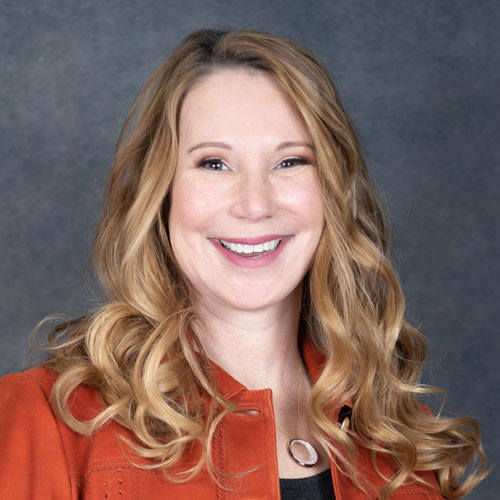Soft skills are gaining importance and presedence in the modern workforce. These essential interpersonal capabilities are vital to our success, proving to be key in helping us work with others to get things done as well as enable us to tackle new challenges and opportunities.
According to a LinkedIn Learning survey that polled their expansive network of over 600 million professionals and 20+ million jobs, there are fifteen core soft skills that organizations are searching for in their current and future employees.
The top five most sought-after soft skills are creativity, persuasion, collaboration, adaptability, and emotional intelligence.
This powerful skill set determines not only how we work with others but the concepts and out of the box ideas we serve up in meetings, as part of teams, and in brainstorming as well as day to day situations.
LinkedIn Learning, having conducted this survey for multiple years, has discovered that four of these five soft skills constantly rise to the top, making them, as their white paper says, evergreen. These are assets the very best employees exhibit and the skills employers desire.
The skill that tumbled from the top was time management. While task-oriented expertise like time management remain important, organizations are focusing more heavily on interpersonal prowess, which is an indicator of why emotional intelligence edged upward in the place once held by managing time.

The top five most demanded soft skills are:
- Creativity (same as 2019): Companies and organizations need employees in all areas and all business roles who tackle tasks and problems in unique and creative ways. Bringing new ideas to the table, LinkedIn Learns says, will keep you relevant and in demand.
- Persuasion (same as 2019): The ability to communicate clearly and influence others is integral to advancing your career and adding value to a business. Dr. Robert Cialdini has spent over 40 years conducting in-depth research into the Power of Persuasion, discovering that there are six universal principles in which humans are influenced. Gail Rudolph has studied under Dr. Cialdini and is one of only thirteen people worldwide – and the only woman in the United States – accredited to teach his findings on how to ethically apply these six influential methods.
- Collaboration (same as 2019): Collaboration holds strong at #3 as a top soft skill necessary for teams to operate at their best to achieve common goals that benefit the company’s overall success.
- Adaptability (same as 2019): Change is constant and our ability to adapt and be resilient in the face of change sets us apart as a highly-functioning employee. Change done right includes a blend of optimism, realism, and bringing others along. Honing our own ability to be resilient to change is a powerful skill.
- Emotional Intelligence (E.I.) (new in 2020): The LinkedIn Learning white paper defines emotional intelligence as the ability to perceive, evaluate and respond to your own emotions and the emotions of others. This soft skill underscores the growing importance of interpersonal relationships and the power of effectively and appropriately responding to and interacting with our work colleagues.
Collaboration and persuasion are keys to harnessing the other three skills. This powerful duo enhances creativity through better teamwork and brainstorming, serves as a catalyst to enable and encourage resilience and adaptability, and also is a driver of one’s E.I.
If you haven’t mastered some or all of these five soft skills, it IS possible to add these tools to your professional (and personal) toolbox. Growth allows us to develop our full potential, opens us to more opportunity, stimulates our passion and creativity, and enables us to help others.


